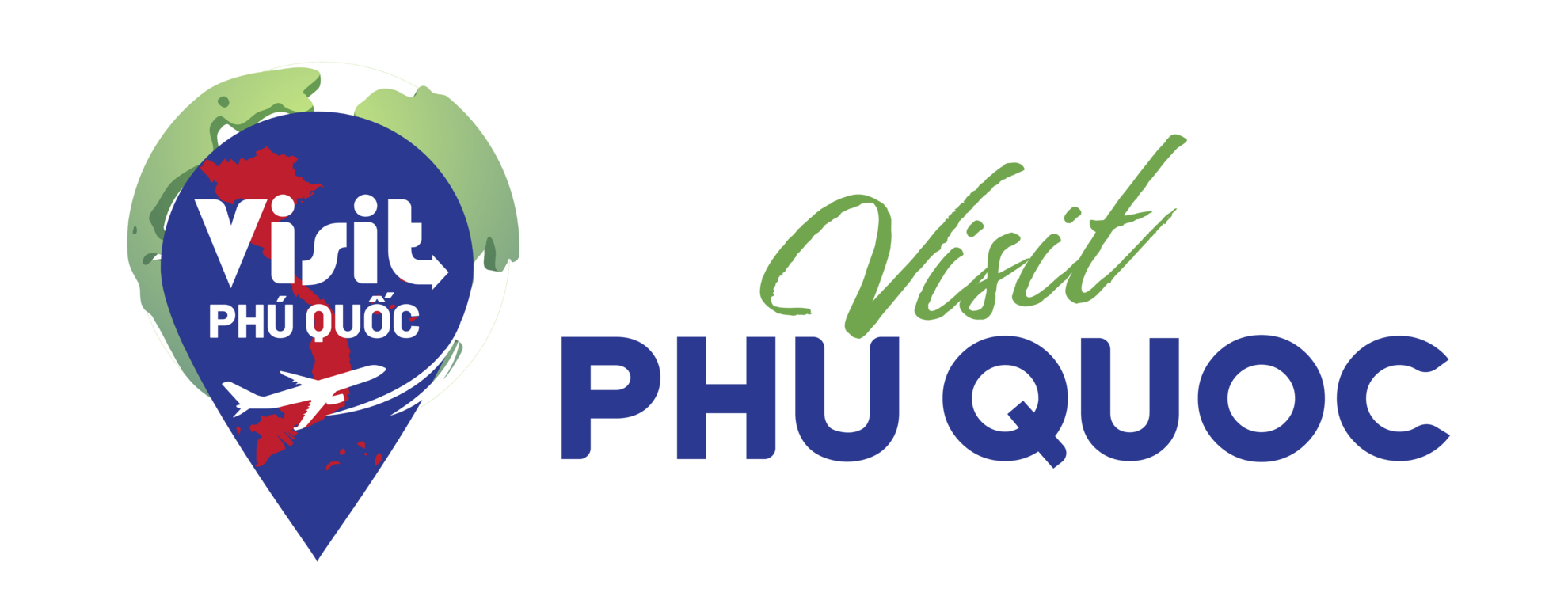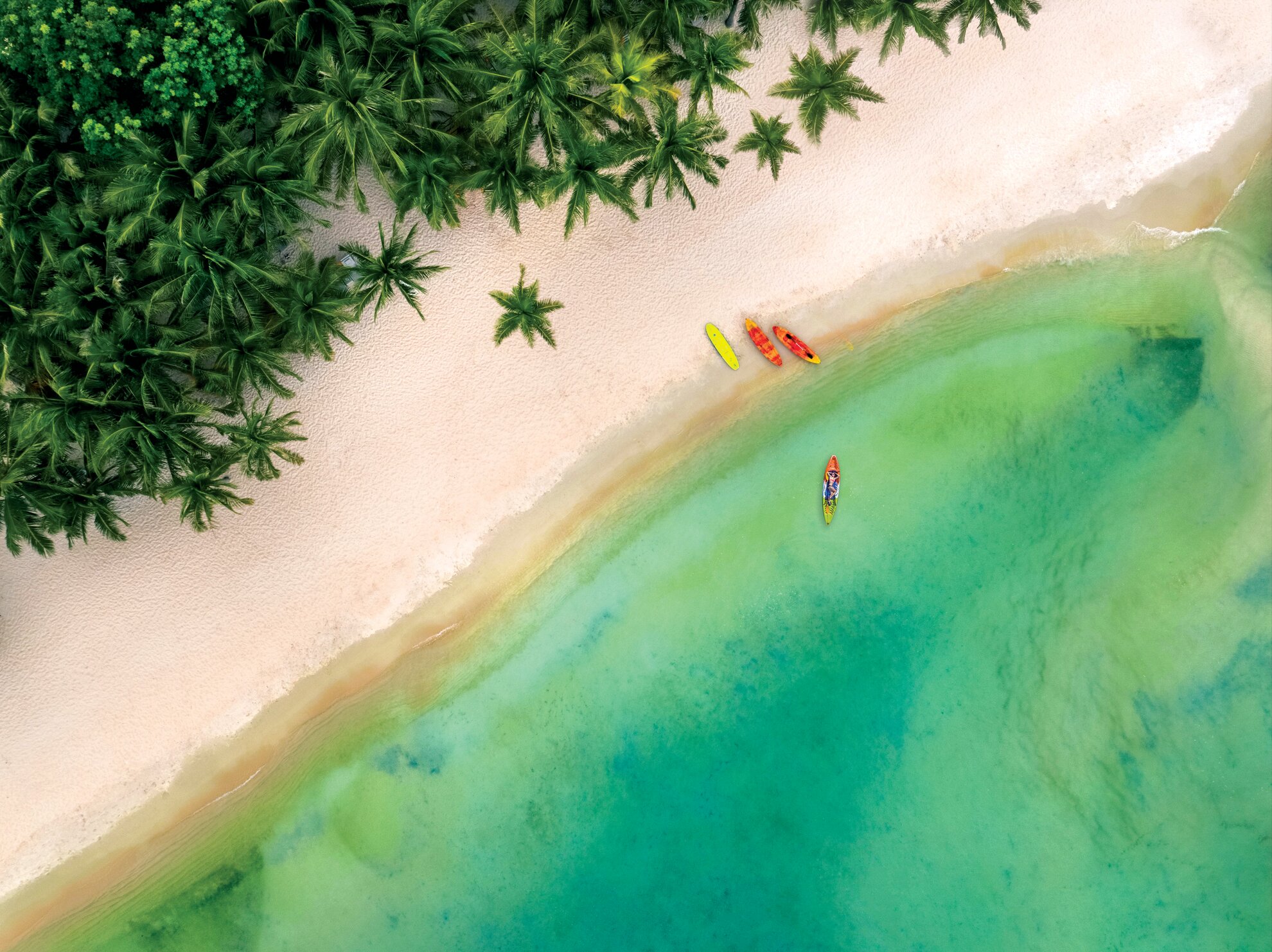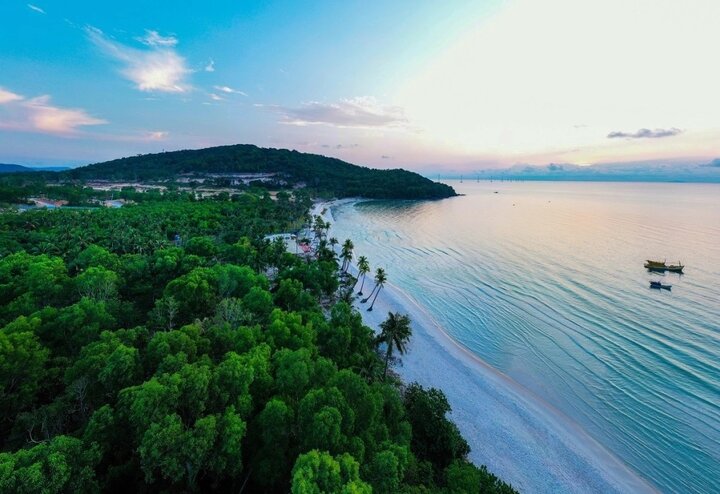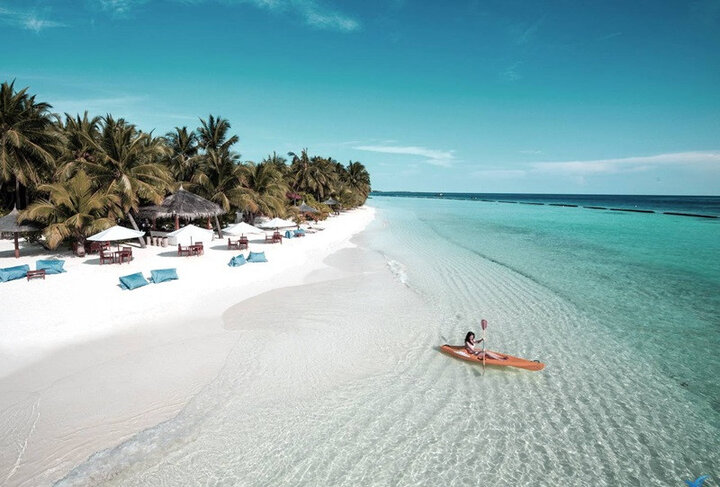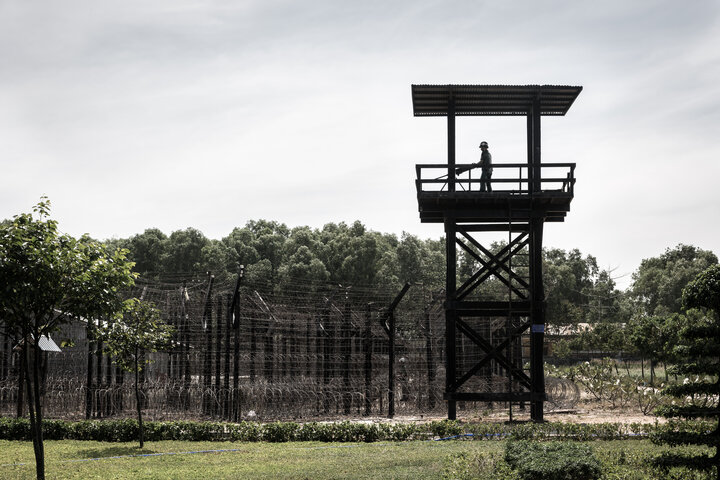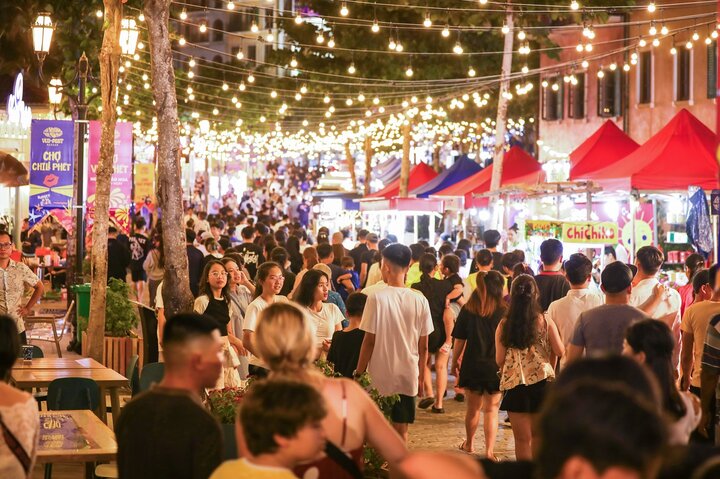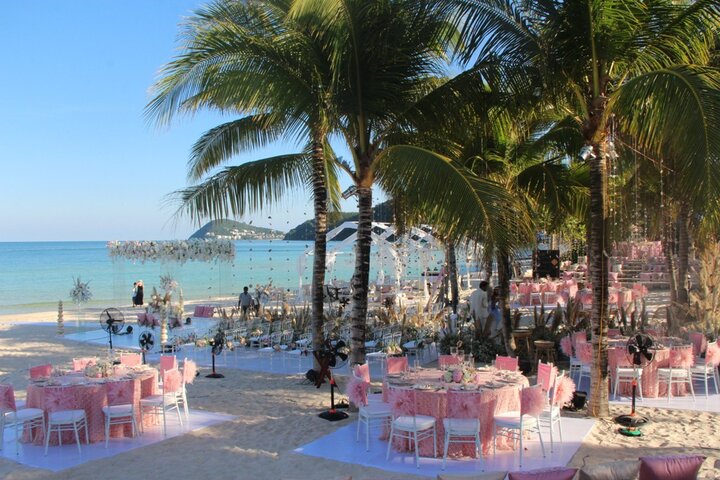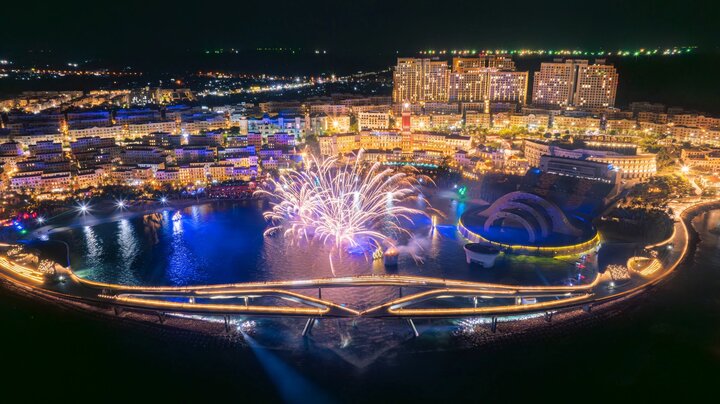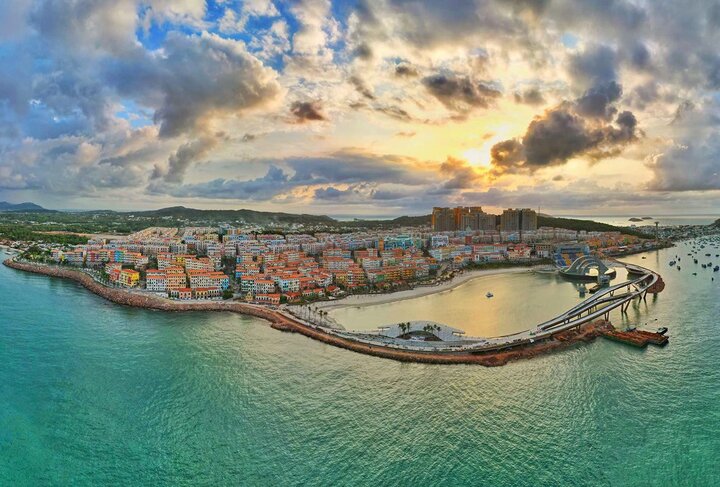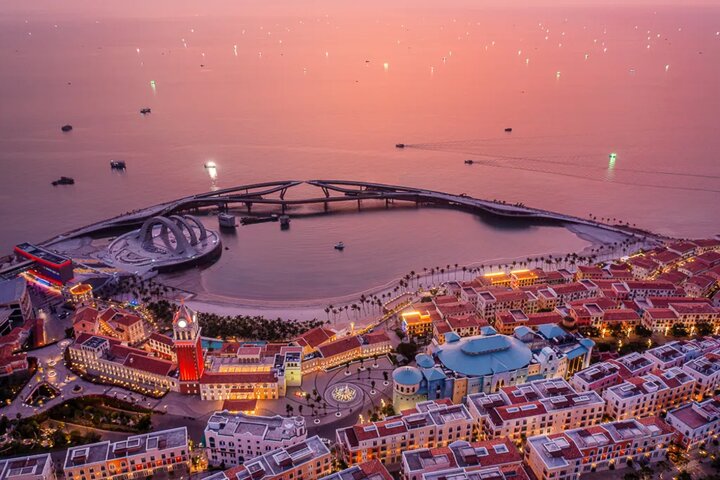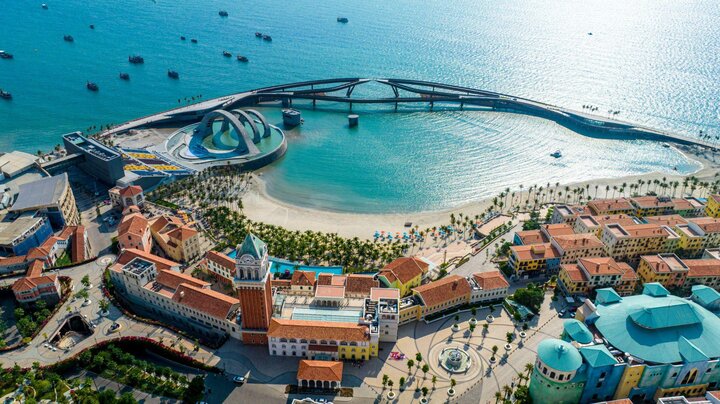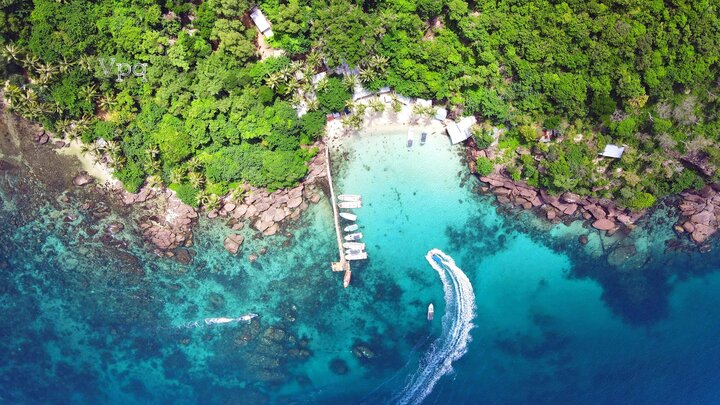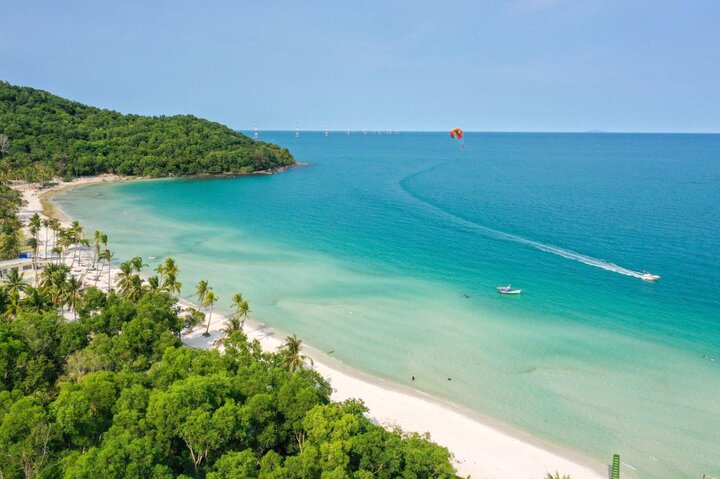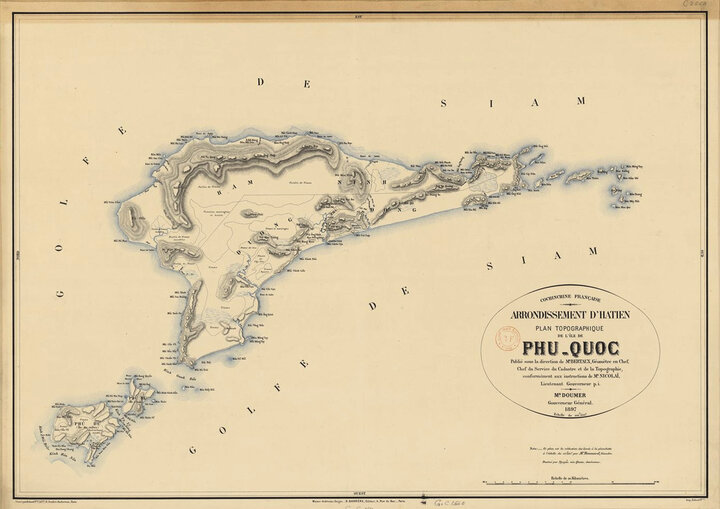 Map of Phu Quoc – 1907
Map of Phu Quoc – 1907
Archaeological findings reveal that the first inhabitants of Phu Quoc lived here around 2,500 years ago, belonging to the Oc Eo culture — one of the oldest civilizations in Southeast Asia. Unearthed artefacts like stone tools, ceramics, and ancient tombs in the northern part of the island confirm that Phu Quoc was once an important trading hub, laying the foundation for the island’s development over millennia.
